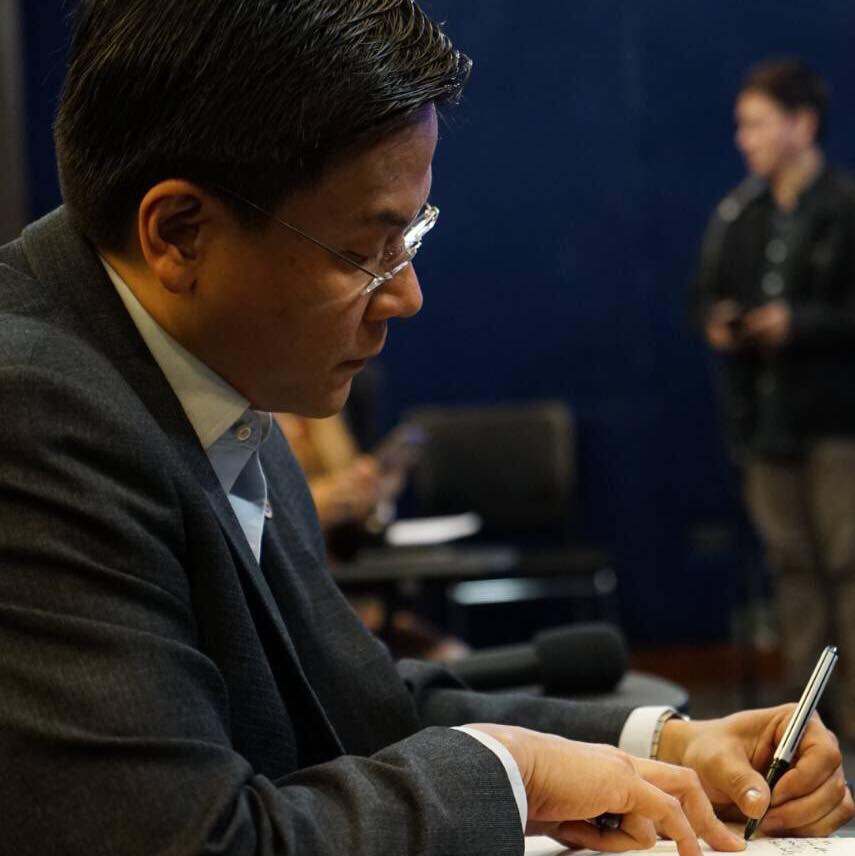
MANILA — With the implementation of the Rice Tariffication Law starts on March 5, the national government has assured that there will be no more smuggling of the staple food as importation will be open to everybody.
“Rice tariffication will eliminate rice smugglers as anyone can now import rice, the importer just needs to get sanitary and phytosanitary permit from the Bureau of Plant Industry (BPI) under the new law,” said Finance Assistant Secretary Tony Lambino at the Pandesal Forum on Friday.
Lambino said the main objective in opening up rice importation will benefit more than 100 million Filipino rice consumers as prices are estimated to go down by PHP2 to PHP7 per kilo.
He also clarified that under the Rice Tariffication Law, importation needs no implementing rules and regulations (IRR) as importers need to get the necessary permits to ensure that the imported rice is of good quality.
Meanwhile, Samahang Industriya ng Agrikultura (SINAG) president Rosendo So said the National Food Authority (NFA) imported 1.96 million metric tons (MT) with no tariff in 2018.
In January this year, the NFA again imported 555,696 MT but So said “this did not benefit the Filipino consumers as the price of rice was still high.”
With the new law, he said, all rice importers will have to pay tariff and the money collected will be given back to the farmers in the form of interventions or assistance.
On the other hand, Lambino said despite lifting the quantitative restrictions (QR) on rice, the most important role of the NFA under the new law is on “emergency buffer stocking” to ensure rice availability in calamity-hit areas.
“The NFA has an important role under the new law which is the emergency buffer stocking role, para kung may masalanta sa kahit saang lugar sa Pilipinas ay mayroong emergency stock,” he said.
“The challenge for the NFA is to manage the (emergency) buffer stock well and to be logistics expert, meaning dapat makarating ang bigas doon sa mga lugar na pinaka nangangailangan (the supply should reach those who need them the most),” he added.
Lambino also admitted that the rice trade was “mismanaged” and this resulted in debt of PHP145 billion by the NFA.
“The inefficiency in the rice trade has resulted in two things — one, our farmers have not been supported to the level that they shoud be. Second, nagkautang ang taongbayan (the country was in debt) as of the latest count PHP145 billion due to NFA’s inefficient management of rice trade,” he noted.
Because of the Rice Tariffication Law, Lambino said, the regulatory functions of the NFA was removed except for the emergency buffer stocking.
He, however, clarified that the NFA can still procure rice from local producers.